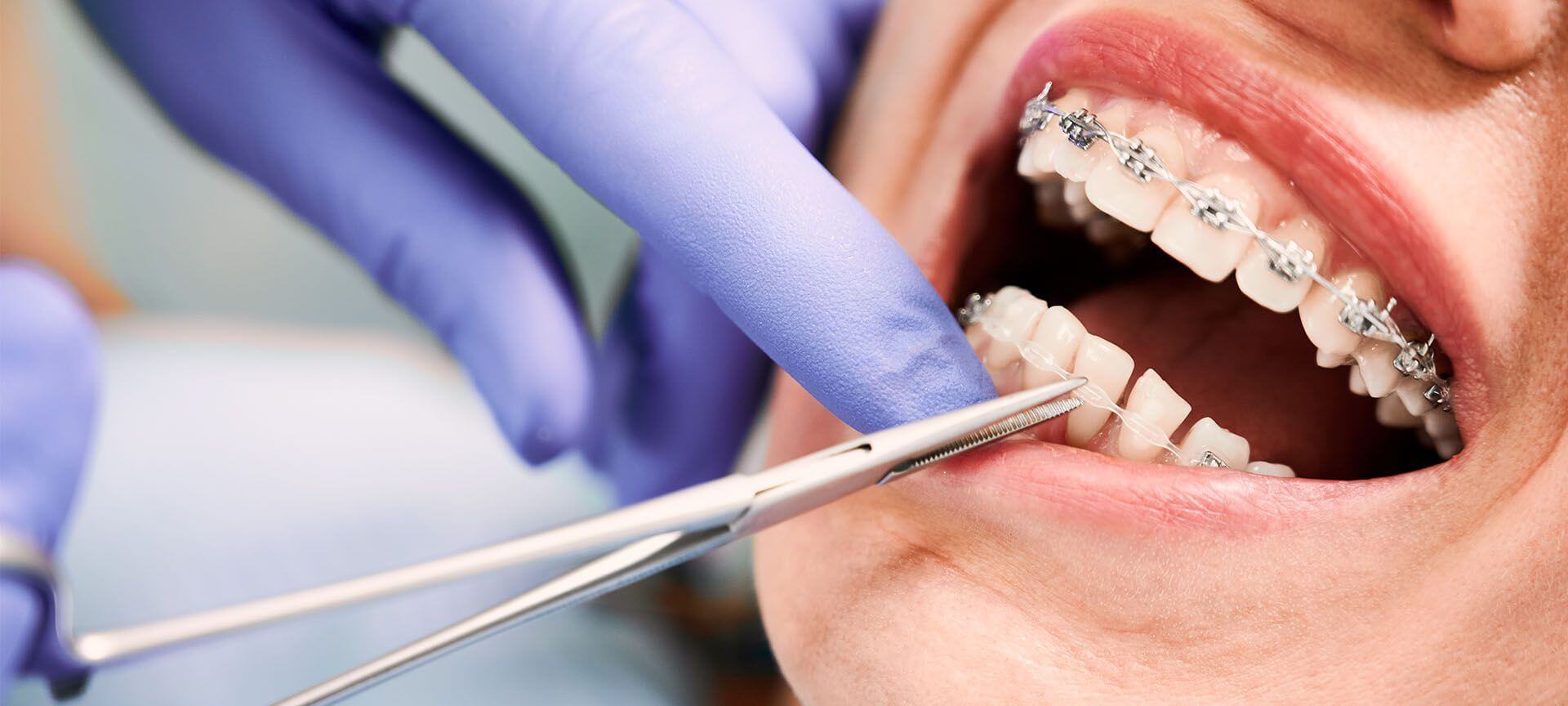As we strive to keep our smiles healthy and beautiful, it’s important to understand the differences between an orthodontist versus a general dentist. Knowing which type of specialist is right for your needs can make all the difference in achieving the perfect smile.
That’s why today, we’re breaking down everything you need to know about Thornhill Orthodontic Specialists versus General Dentists – from qualifications and services offered, to when it might be best suited for each type.
So if you’re asking yourself “which do I choose?” read on to find out!
Understanding the Difference between an Orthodontist and a General Dentist
Orthodontics is a specialized branch of dentistry focused on diagnosing, preventing, and treating dental irregularities, primarily related to the alignment and spacing of teeth and the overall harmony of the jaw. While a general dentist is equipped to provide comprehensive oral care and maintenance, they may not possess the advanced training and skill set required for diagnosing and treating complex orthodontic issues.
As a specialist, a certified Thornhill orthodontist undergoes an additional two to three years of training beyond dental school, focusing specifically on correcting dental and facial discrepancies. Consequently, in cases where precise tooth movement or bite correction is needed, patients will undoubtedly benefit from the expertise of an orthodontist.
Understanding the distinction between these two practitioners is crucial for individuals seeking the appropriate intervention for their specific dental needs, ensuring a journey towards a healthy and attractive smile.
Reasons to see an Orthodontist vs. a General Dentist
When it comes to dental care, most individuals typically think of visiting a general dentist. However, seeking consultation from an orthodontist might be more appropriate in certain instances.
Both orthodontists and general dentists provide valuable services for overall oral health. However, orthodontists specialize in diagnosing and treating misalignments, bites or occlusions, and other teeth or jaw-related issues, which may require correction through braces, Invisalign, and other specialized appliances.
On the other hand, general dentists primarily focus on routine dental procedures, such as cleanings, fillings, crowns, and preventative care.
Suppose you’re experiencing difficulties with your bite or teeth alignment. In that case, you must consult an orthodontist for tailored solutions designed to address these concerns, thus ensuring optimal long-term dental health and aesthetics.
Related Article: The Science of Straight Teeth: How Invisalign Works and Why It’s the Best Option

What to Look for When Choosing the Right Provider?
When seeking an efficient, reliable, and professional provider for dental treatments, it’s essential to consider several key factors to ensure a successful partnership. First and foremost, look for expertise and experience in the dental niche, as this will significantly contribute to a seamless collaboration.
Additionally, the provider’s reputation for quality, dependability, and integrity should be assessed through reviews and testimonials from previous clients or collaborators.
Competitive pricing, as well as a transparent and flexible billing structure, is also an important aspect to consider. It’s also crucial to evaluate the provider’s customer support, response time, and willingness to address any concerns or questions that may arise during your dental treatment.
Lastly, being well-prepared and informed when deliberating about selecting the right provider can profoundly influence the overall success of your dental procedure.
The Cost of Orthodontic Care and How Insurance May Help Cover It
Orthodontic care, while essential for achieving a healthy and beautiful smile, can be a significant financial investment. But professional and informed guidance on how insurance may alleviate some of these costs can lessen the burden.
Many individuals are unaware that dental insurance plans often cover orthodontic treatments, including braces and clear aligners.
The extent of that coverage varies among insurers, and some may require a waiting period, a separate orthodontic deductible, or a lifetime maximum benefit.
However, by carefully navigating through these insurance options, patients can effectively mitigate a considerable portion of the financial burden. As a result, you can confidently pursue the orthodontic care you need without being deterred by the high costs traditionally associated with these treatments.
Questions to Ask During Your Initial Consultation
During your initial consultation, come prepared with well-considered questions to maximize your session with an orthodontist. A professional and informative approach will foster a meaningful conversation and demonstrate your commitment to addressing your concerns.
- Start by discussing the scope of the orthodontic treatments and the potential costs and durations involved.
- Inquire about past experience and areas of expertise. This will help you gauge the orthodontist’s suitability for your specific needs.
- Don’t forget to clarify the communication process — such as preferred modes of contact, anticipated response times, and any ongoing expectations.
- Lastly, ask about any possible challenges, treatment side effects and how they might be addressed or mitigated during your treatment. This line of inquiry and an informed and engaged demeanour paves the way to a truly beneficial consultation.
Related Article: Straightening Your Smile: The Cost of Invisalign in Ontario

Final Thoughts
Ultimately, ensuring you are seeing the right professional for your orthodontic needs is important. You should select an orthodontist who has years of experience and shares values that align with your own. Additionally, be aware of costs and consider dental insurance reimbursement to help cover some of the financial responsibilities associated with orthodontic care.
Before making any final decisions about a provider or type of treatment, ask questions so that you can get comfortable with your choices. At Thornhill Dental, our in-house orthodontist is always available to answer any questions you have.
With the proper research and guidance from an experienced orthodontist, you will feel more confident as you determine the best solution for achieving a beautiful and healthy smile.




